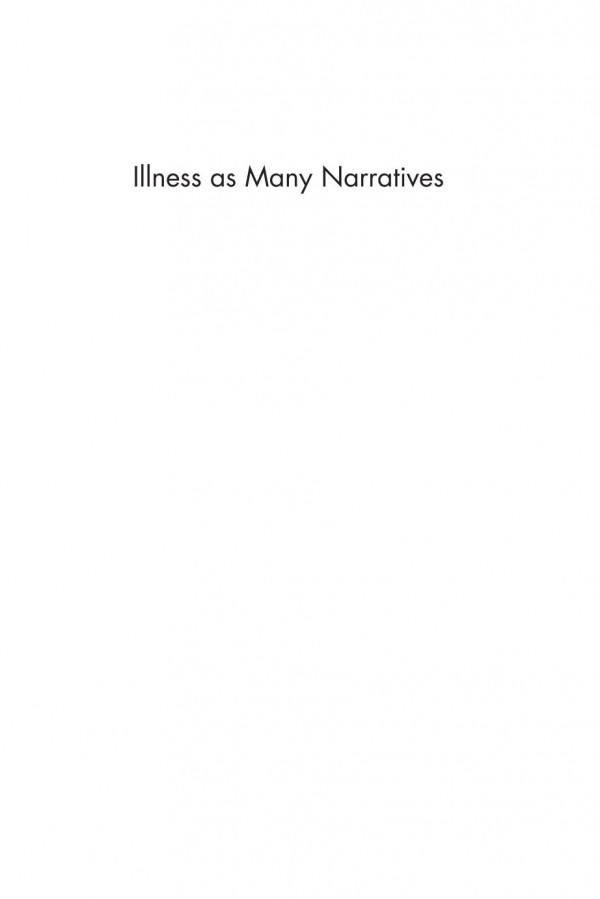

Most ebook files are in PDF format, so you can easily read them using various software such as Foxit Reader or directly on the Google Chrome browser.
Some ebook files are released by publishers in other formats such as .awz, .mobi, .epub, .fb2, etc. You may need to install specific software to read these formats on mobile/PC, such as Calibre.
Please read the tutorial at this link: https://ebookbell.com/faq
We offer FREE conversion to the popular formats you request; however, this may take some time. Therefore, right after payment, please email us, and we will try to provide the service as quickly as possible.
For some exceptional file formats or broken links (if any), please refrain from opening any disputes. Instead, email us first, and we will try to assist within a maximum of 6 hours.
EbookBell Team

0.0
0 reviewsIllness narratives have become a cultural phenomenon in the Western world but their analysis continues to be framed by the context of biomedicine, the doctor–patient encounter and the demands of medical training. This reductive and instrumental attitude prevents the inclusion of more formally experimental genres, different themes and interdisciplinary methods within the field. It also perpetuates the view of the medical humanities as a narrow area of study largely serving the needs of medicine.
Approaching illness and its treatments as a multiplicity and situating them in relation to aesthetics, theory, radical pedagogy, politics and contemporary cultural concerns, Bolaki offers close readings of autobiographical and collaborative works across a wide range of arts and media. Through case studies on photography, artists’ books, performance art, film, theatre, animation and online narratives, Illness as Many Narratives demonstrates how bringing in diverse materials and engaging with multiple perspectives can help the arts, cultural studies and the medical humanities to establish critical conversations and amplify the goals and scope of their respective work.